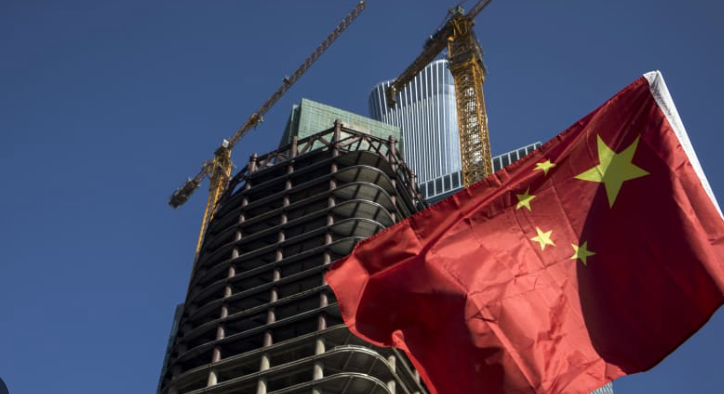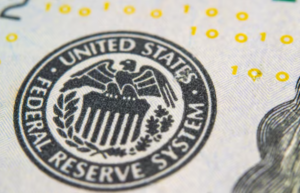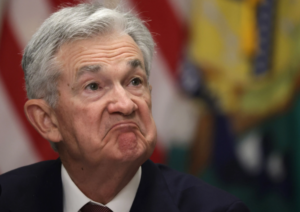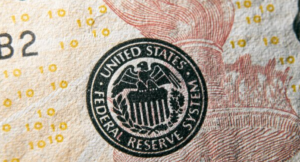#Trump #ChinaTariffs #TradeWar #USPolicy #EconomicStrategy #NationalSecurity #InternationalTrade #IntellectualPropertyTheft
Authored by Gordon Chang via The Gatestone Institute, and reported by Tyler Durden for Zero Hedge, the discussion around President Donald Trump’s tariffs on China presents a complex and divisive narrative in the realm of international trade and economics. Trump, in his characteristic blunt manner, expressed disbelief at the criticism directed towards his tariff policies, especially from individuals he deemed smart, in a conversation with Bloomberg on June 25. He emphatically defended the economic benefits of such tariffs, positioning them as a strategic move that outweighs the potential cost increases for American consumers that many critics highlight.
Critics argue that high tariffs are detrimental, potentially leading to inflation and harming U.S. industries and consumers. However, Trump’s stance, as supported by certain analysts, reveals a different picture. The argument is that the immediate impact of the tariffs imposed in 2018 was largely absorbed by the Chinese government and producers, through enhanced government subsidies and reductions in profit margins, contradicting the widespread anticipations of significant price hikes for American consumers. This nuanced outcome underscores the complexity of tariff impacts, challenging the prevailing narrative among American elites and some economic pundits.
Moreover, Trump’s tariff policies underline a broader strategy aimed not only at addressing trade imbalances but also at safeguarding national security and intellectual property rights. The tariffs, particularly when viewed against the backdrop of China’s alleged IP theft and aggressive economic practices, emerge as a critical tool in the U.S.’s efforts to recalibrate its trade relationship with China. The Trump administration’s willingness to impose significant tariffs—potentially exceeding 60% on Chinese imports—reflects a hardline stance designed to pressure China and encourage manufacturing shifts that could benefit the U.S. economy in the long term. While critics warn of inflation and higher costs for American consumers, the administration and its supporters argue that these measures are essential for protecting U.S. interests and ensuring a more balanced economic relationship with China.







Comments are closed.